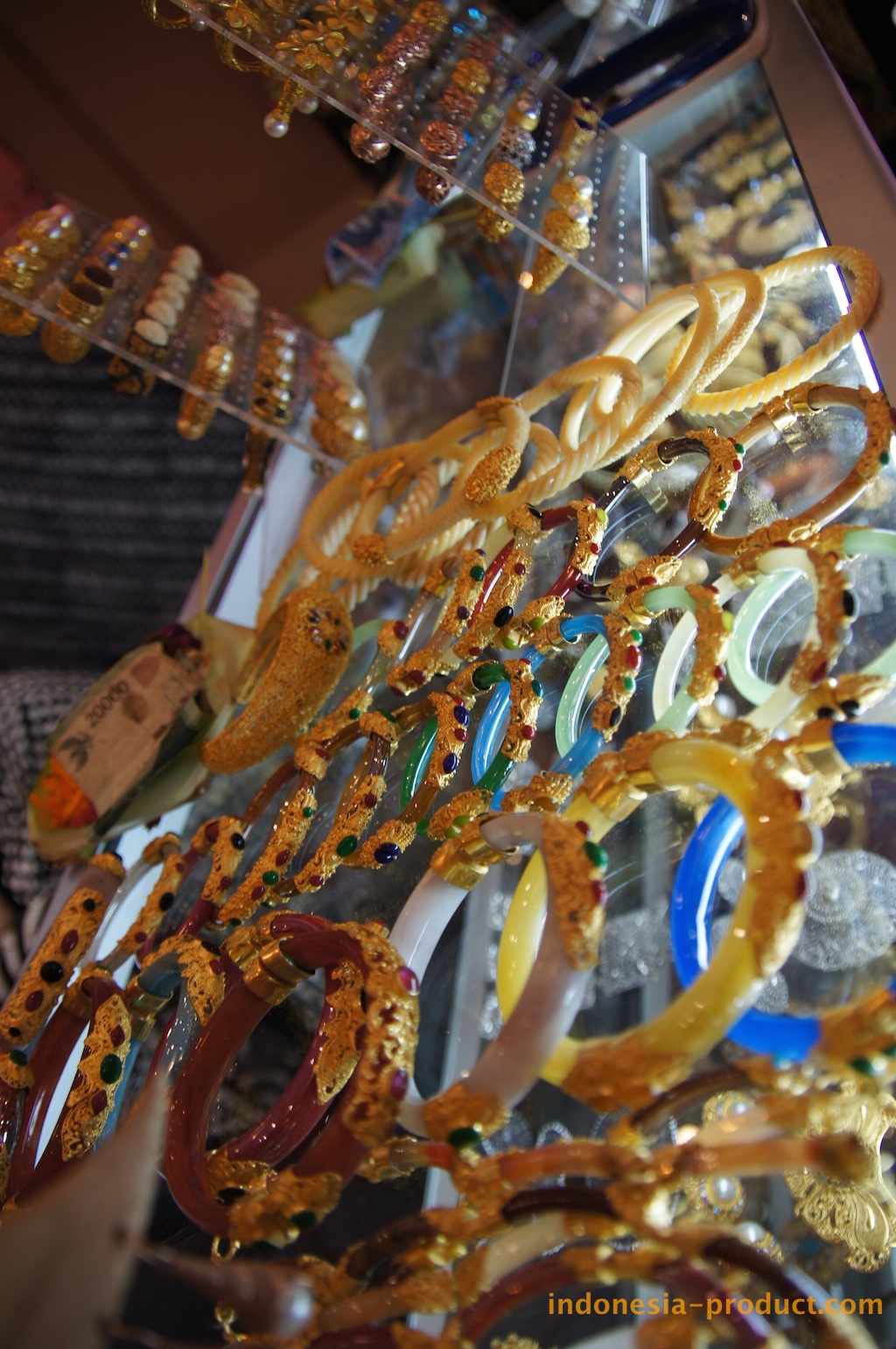Many wives receive jewelry, but she gets national park
BY MATT STEARNS
Knight Ridder Newspapers
San Jose Mercury News, USA
WASHINGTON – Some guys give their wives jewelry or flowers. Ralph Regula gave his wife a national park.
Regula, a Republican congressman from Ohio, is a senior member of the House Appropriations Committee. In 2000, his subcommittee created the First Ladies National Historic Site in his district in Canton, Ohio.
Regula’s wife, Mary, is the founding president of the nonprofit National First Ladies’ Library, which operates the historic site for the National Park Service. She draws no salary
“Unless you are determined and have a mission, you don’t get much accomplished,” Mary Regula said.
Over the years, Ralph Regula’s subcommittee inserted more than $2 million in special “earmarks” for the first ladies project into federal spending bills, including $800,000 to buy a mansion that once belonged to President William McKinley and his wife. In addition, the panel okayed a $2.5 million federal matching grant to help renovate a nearby bank building that his wife’s group owns.
“This is a national treasure,” Ralph Regula said of the site. “It’s the only one of its kind that tells the story of first ladies. It’s a great story for American history.”
He added, referring to his wife: “I’m proud of what I’ve done because I’m proud of the legacy she’s leaving for generations to come.”
The practice of inserting earmarks into spending bills became controversial over the past year after a spate of publicity highlighted some particularly blatant examples, especially Alaskan Republican Rep. Don Young’s $231 million “bridge to nowhere.” Lawmakers facing elections in November talked a lot about curbing the practice, but it continues.
Independent ethics watchdogs said the First Ladies National Historic Site was a particularly vivid example of how power works in Washington, and they fear that Regula soon may be in position to up the ante. House Appropriations Chairman Jerry Lewis, R-Calif., is under federal investigation and has hired defense attorneys. If Lewis steps aside, Regula is a top contender to head the committee.
“I’d hope leaders who’ve made some public commitment to reining in earmarks would consider his full record before making him chairman,” said Keith Ashdown, the vice president of Taxpayers for Common Sense, a nonpartisan group that monitors congressional spending.
Referring to the first ladies site, Ashdown said: “Nothing good comes from pillow-talk pork. You want these decisions to be made in the committee room, not the bedroom.”
Regula countered that his wife didn’t ask him for “much of anything.”
“I could see things that would be helpful,” he said. “I just saw it as a great opportunity to help.”
Mary Regula said that she “never expected any federal money,” adding that her National First Ladies’ Library group receives million more in private donations. Several corporations listed on its Web site as major donors are longtime supporters of Ralph Regula’s political campaigns.
Among them: Timken Corp., a Canton manufacturer whose executives and political action committee collectively are the second-biggest donors to Regula’s campaigns since 1989, according to the Center for Responsive Politics, another watchdog group that tracks money in politics.
A foundation associated with the Timken family gave $750,000 to help renovate the bank building and has donated more over the years, said Pat Krider, the executive director of the National First Ladies’ Library.
Timken gained more than $200 million in federal payments from a law Ralph Regula sponsored that curbed “dumping” of underpriced foreign goods, according to a 2005 report by the Government Accountability Office, a congressional watchdog agency.
In a news release Tuesday, Regula announced that he’d sponsored a $3 million earmark for Timken’s research on high-tech bearings. Since 2002, Regula has announced more than $20 million in earmarks for Timken, which does a lot of defense contract work.
A Timken spokesman didn’t return calls seeking comment.
Regula said he never personally asked Timken, its executives or its charitable foundation to donate money to the first ladies project, but he said his wife did.
Asked if she would have had as much fundraising success if she weren’t the wife of a high-ranking congressman, Mary Regula said: “I don’t know. That’s a hypothetical.”
It’s become common practice for big donors seeking to curry favor with lawmakers to circumvent the legal limits on campaign donations by giving large cash gifts to charities and nonprofit groups favored by the lawmakers and their families.
“It’s a double bang for the buck,” said Massie Ritsch, a spokesman for the Center for Responsive Politics. “You win favor with the lawmaker and you get a tax write-off, which you don’t get with a campaign contribution.”
The first ladies site consists of the Saxton mansion, where McKinley lived with his wife, Ida Saxton McKinley, in her girlhood home. The First Ladies’ Library uses the bank building for an education and research center, and it is eventually to be turned over to the National Park Service. Both have been meticulously restored. The site’s mission is to preserve and interpret the role and history of America’s first ladies, become a scholarship center for first lady research and preserve the Saxton home, according to the National Park Service.
“There was a big hole in the story, and that was the role of the first ladies,” said John Debo, the superintendent of Cuyahoga Valley National Park, which includes the first ladies site. “I give Mary a lot of credit for recognizing the importance of that and for doggedly pursuing it. … The First Ladies National Historic Site is an important part of the park system.”
Visits to the site since its opening in 2002 average fewer than 10,000 a year, but the park’s annual budget has grown to more than $1 million from about $600,000. Most national parks have faced tight budgets in recent years, and many have been forced to cut visitor services.
The first ladies site operates with a remarkable degree of autonomy from the National Park Service, even though the service pays about 70 percent of the site’s operating costs. Mary Regula’s group picks up the rest.
In fact, Mary Regula calls too many shots, charges the watchdog group Public Employees for Environmental Responsibility.
She used an acquaintance who had no formal training in historic preservation rather than Park Service professionals to oversee historic interpretation at the two buildings, Park Service officials said. She discouraged Park Service involvement in her plan to install an interactive exhibit, according to an e-mail obtained by PEER.
“On the one hand, you’ve got the National Park Service telling all its park units they’re going to be subject to objective standards and strict economies, and then that doesn’t apply to favored little units,” said Jeff Ruch, the executive director of PEER. “If you’re running a park that gets hundreds of thousands of visitors and can barely make ends meet, you’ve got to wonder who’s running the railroad.”
Mary Regula dismissed her critics: “How many times have they been to the library? I never even heard of them.”





